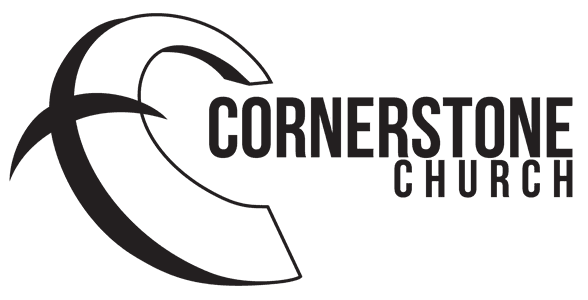By John Reynolds
“The hardest thing in the world to understand is the income tax.”
Albert Einstein
The time has arrived once again to file our annual income tax returns! Considering tax season, we’ll diverge in this posting from our recent more general economic themes to focus on this important (if unloved) topic.
Taxes take a significant bite out of our finances. Think of the many and varied ways that government, in its local, state, or federal forms has devised to obtain its funding: income tax, sales tax, property tax, payroll tax, franchise tax, gift tax, estate tax…you name it, the tax man is always there to take his share. Supplementary to these are the “hidden” taxes already built into the cost of the products and services we buy, such as taxes imposed on corporations and the costs that businesses must bear to comply with many, many rules and regulations. Add all these together and it is commonly estimated that we pay well over half of our income to the government!
We ignore the impact of taxes at our own peril! Every economic decision we make has tax consequences. We must therefore be diligent in understanding these potential consequences so that we may minimize the negative implications for our personal finances.
Here are a few suggestions I’ve developed over the years for consideration.
· Educate yourself – As Einstein implies, taxes are extremely complicated, but it’s not difficult to learn some of the basics. The Internet has placed at our fingertips many resources to assist us in understanding what’s going on with taxes. There are many good and informative websites and YouTube videos to assist in this regard. We must simply be willing to invest the time to be informed.
· Get help – While understanding the basics of taxes can be fruitful, in many cases, the basics will not be enough. Sometimes, we’ll need to get help. One way of getting assistance is by purchasing tax preparation software. There are several of these on the market and they are pretty good at walking a novice through the return preparation process. In more complicated cases, hiring a professional is a good investment.
· Take advantage of tax deferral – Many provisions of the federal tax code allow for advantageous tax treatment of current income. The most significant of these are related to tax deferred saving plans such as individual retirement accounts and 401(k) plans. We should take as much advantage of these as possible. In doing so, we achieve the double benefit of lowering our taxes today and saving for the future. Further, many employers provide matching funds for amounts saved.
· Don’t fall behind – Some of the worst personal finance stories begin with falling behind on taxes. This issue frequently occurs with those who are self-employed, like small business owners and sole proprietors. Unlike employees, for whom taxes are withheld by their employer, self-employed individuals are responsible for filing their own estimated taxes. Falling behind on these payments can quickly snowball into a very big problem.
· Manage your cash flow – Many people end up with large refunds because they have more taxes withheld than necessary. An employer will adjust withholdings to a lower (or higher) level when the employee submits IRS Form W-4. Typically, this form is filled out when work is begun with a new employer, but it can be resubmitted by the employee as requested. If you consistently find yourself with large refunds, try the following:
(1) Fill out a new W-4 requesting a lower withholding rate.
(2) Open a savings account
(3) Set up an automatic transfer of funds for the additional amount that shows up on your paycheck. (Some employers also allow employees to choose multiple accounts in which to have their earnings deposited.) This is a great way to start a savings plan and the money will be in your account all along, rather than Uncle Sam’s.
Related to the topic of withholding, I have seen recent news stories suggesting that employed taxpayers have been harmed by the new federal tax law that came into effect in 2018 because refunds have been lower than in past years. A significant majority of taxpayers, however, are paying lower taxes overall under the new law than would have been paid under previous law. The lower refunds are a result of that fact that less tax was withheld from employee paychecks. Employees generally had higher net pay during 2018, which more than offset their lower tax refunds.
About the author
John has been in the financial world for 25 years developing expertise in auditing, accounting, financial governance and financial risk management. John is a Certified Public Accountant and a Chartered Financial Analyst charterholder. John, his wife Janell, and their four children are members of Cornerstone Church.


